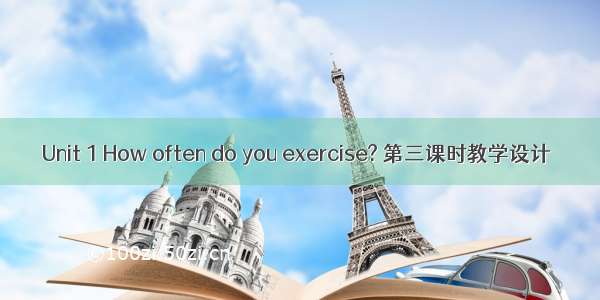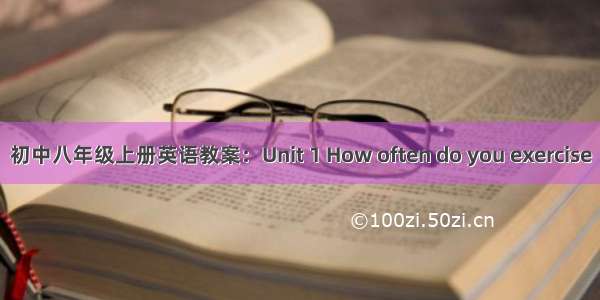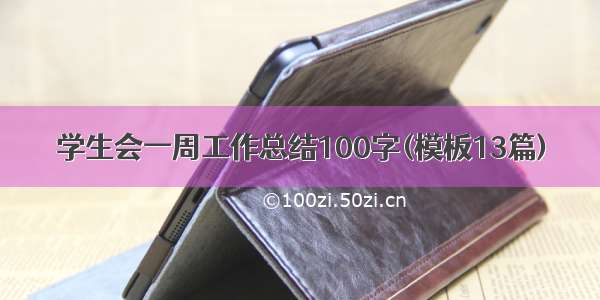
词汇精讲
1. maybe
maybe是副词,意思是“也许,可能”,在句中作状语,相当于perhaps,常位于句首。例如:
Maybe she’ll come this afternoon. 她可能今天下午来。
Maybe you put the letter in your pockets. 大概你把信放在衣袋里了。
【拓展】
(1)maybe和may be的辨析:
maybe是副词,而在may be中,may是情态动词,be是动词原形,两者构成完整的谓语形式,与主语形成系表结构,意为“也许是、可能是”。例如:
I can’t find my watch. It may be in your pocket.
我找不到我的手表了,它可能在你的口袋里。
He may be a soldier. 他可能是军人。
(2)maybe和may be可相互转换。例如:
He may be in the office. = Maybe he is in the office. 他或许在办公室。
You may be right. = Maybe you are right. 你或许是对的。
2. although
although的意思相当于though,意为“尽管,虽然”,用来引导让步状语从句。它所引导的从句不能与并列连词but,and,so等连用,但可以和yet, still等词连用。例如:
Although he lives alone, he doesn’t feel lonely.= He lives alone, but he doesn’t feel lonely.
虽然他一个人住,但他并不感到孤独。
There is air all around us, although we can not see it.
虽然我们看不见空气,但空气却存在于我们的周围。
【拓展】although与though的辨析:
(1)用作连词,表示“虽然”,二者可以互换使用,但although比though更为正式。
例如:Though/Although it was raining, we still went there.
虽然下着雨,但我们还是去了那里。
(2)although一般不用作副词,而though可用作副词,且一般放在句末(不放在句首),意为“可是,不过”。例如:
It’s hard work; I enjoy it,though. 工作很辛苦,可是我很喜欢。
We all tried our best. We lost the game, though.
我们都尽了最大努力,但我们还是输了。
(3)在as though(好像,仿佛),even though(即使,纵然)等固定短语中不能用although。例如:
He talks as though he knows everything. 他夸夸其谈,好像无所不知。
3. die
die是动词,意为“死亡”,是短暂性动作,常用于过去时中,过去式为died。例如:
Plants and people will die without water. 没有水,植物和人都会死。
His father died two years ago. 他的父亲两年前去世的。
【拓展】die有多个变形词:
词条
词性
词义
所作成分
用法
dead
形容词
死了的,无生命的
表语、定语
可以与段时间连用
die
动词
死,死亡
谓语
不能与段时间连用
death
名词
死亡,去世
主语、宾语
dying
形容词
垂死的,即将死去的
表语、定语
The tree has been dead for ten years. 这棵树死了了。
She looked at her dead cat sadly. 她伤心地看着她死去的猫。
My grandpa died two years ago. 我爷爷两年前去世了。
The fish will die without water. 鱼离开水会死去。
Car accidents have caused a lot of deaths. 车祸造成很多人死亡。
The doctors have saved the dying man. 医生们救活了那个垂死的人。
4. however&but
however和 but都意为“可是,但是”;但是用法不同
(1)however不能直接连接两个分句,必须另起新句,并用逗号隔开。例如:
It was raining hard. However, we went out to look for the boy.
雨下得很大,然而我们还是出去寻找那个孩子。
(2)but是并列连词,连接两个并列分句,后面不用逗号,前后两句在总的意义上构成了对比。例如:
I really don"t like cheese, but I will try just a little this time.
我实在是不喜欢吃奶酪,但是这次我要尝一点。
(3)however比but用的场合更正式, 因此however用于书面语,而but常用于口语。另外, however的意思还不只局限于“但是;然而”,它还有其他的用法。例如:
However hard I worked, she was never satisfied.
无论我多么努力地工作,她从来没满意过。
However did you get here without a car?
没有汽车你究竟是怎样来的呢?
5. hardly&hard
hardly和hard形式上很接近,但意义截然不同。
(1)hardly是表频率的副词,意为“几乎不;几乎没有”,相当于almost not。例如:
There is hardly any coffee left.=There’s almost no coffee left.
几乎没有剩余的咖啡了。
(2)hard作形容词时,意为“困难的;硬的;勤奋的;严厉的;苛刻的”。hard作副词时常用来表示程度,意为“努力地;猛烈地;剧烈地”。例如:
This ground is too hard to dig. 这块地太硬,挖不动。
They tried hard to succeed. 他们努力工作,以求得成功。
【拓展】常见的表示频度的副词:
(1)always 的频度为100%,表示动作重复、状态继续,中间没有间断,意思是“总是”、“永远地”。例如:
The sun always rises in the east and sets in the west.
太阳总是东升西落。
(2)usually的频度为70%左右,意为“通常”、“平常”,即很少有例外。例如:
He usually goes to bed at ten o’clock. 他通常10点钟睡觉。
(3)often的频度为50%左右,意为“常常”,但不如usually那么频繁,表示动作重复,中间有间断。例如:
He is often late for school. 他上学经常迟到。
(4)sometimes的频度为20%左右,意为“有时”,表示动作偶尔发生。可以位于句首,以示强调。例如:
It is sometimes hot and sometimes cold. 天气忽冷忽热。Sometimes he does it this way and sometimes he does it that way.
他有时这样做,有时那样做。
(5)hardly ever 的频度为5%左右,意为“几乎不”、“偶尔”。例如:
I hardly ever go out these days. 这些天我几乎不出门。
(6)never的频度为0,意为“从来不”、“永不”。例如:
My parents are never late for work. 我父母上班从来不迟到。
6. exercise
(1)作不及物动词,意为“锻炼、运动”。例如:
-How often do you exercise? 你多久锻炼一次?-I exercise every day. 我每天都锻炼。(2)作不可数名词,意为“锻炼、运动”,常与动词take连用。例如:
Exercise makes me keep healthy. 运动使我保持健康。
(3)作可数名词,意为“练习;操”。例如:
We do morning exercises every day.我们每天做早操。
We do English exercises to help us learn English well.
我们做英语练习以便学好英语。
7. health
health为名词,意为“健康”,其形容形式为healthy,意为“健康的”。unhealthy意为“不健康的,是healthy的反义词。healthily是“健康地”,是副词。
在名词词尾加y构成形容词,类似的词还有:
rain—rainy雨—下雨的sun—sunny太阳—晴朗的
luck—lucky幸运—幸运的wind—windy风—刮风的
8.once“一次”,twice“两次”,在英语中三次或三次以上通常用“基数词+times”表示,time在这里为可数名词,意为“次数”,复数加s。例如:
I wash my face twice a day. 我每天洗两次脸。
He has been there four times. 他去过那里四次。
词汇精练
Ⅰ.根据首字母提示和句意补全单词。
1. She is a good girl. H_____, she has some bad habits, too.
2.Only two p______ of them use the Internet every day.
3.A______ many students like to watch sports, game shows are the most popular.
4.I have dance class o_____ a week, every Monday.
5.How often do you eat j_____ food?
Ⅱ.用括号中单词的正确形式填空。
1. Though he has studied______(hard) at English for a long time, he can still _____(hard) speak the language.
2. _____(sometime) I get a letter from him.
3. You’d better do morning _____(exercise) every day. It’s good to have lots of_____(exercise).
4. I want to go_____ (shop).
5. Her eating habits help her keep______(health).
Ⅲ.用die的正确形式填空。
1. His father’s __________ made him very sad.
2. He has been _______ for 2years.
3. He _______ 2 years ago.
4. The old man is ________.He has something to say to his sons.
5. The_______(die) of the pet dogmade the girl very sad.
Ⅳ.选词填空。
Sometimes, always, often, hardly, ever, never
1. Tom can’t swim, so he ______ goes swimming.
2.Mom ______ gets up first, seven days a week.
3._______ I go to school by bus, but usually walk to school.
4.-How______ does your mother shop?
-Once a week.
5.The man is too tired and he could ______ keep on walking.
6. The old man is very _________.
7. Vegetables are ________ food.
8. We should eat ________.
9. Eating more fruit is good for your________.
10. I am ________ because I hardly ever exercise.
maybe,may be
11. ______ he is a teacher.
12.He ______ a teacher.
长按识别二维码添加微信
获取练习答案















